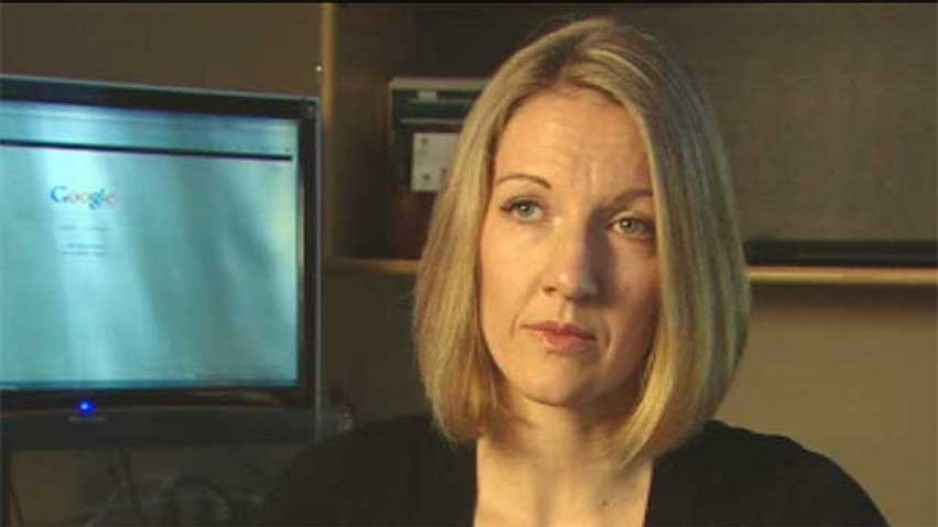Hundreds of millions of dollars have been spent over the past decade to create the ideal neighbourhood for seniors. But a fractured health-care regime has failed to prevent significant a significant gap in the system.
The provincial government has worked with partners in the non-profit and private sectors to provide campuses of care: seniors' neighborhoods that provide independent living, assisted living and residential care. The goal is to limit the need for seniors to move as their health-care needs increased.
Some of B.C.'s largest campuses of care have been run by non-profits. Baptist Housing's newest facilities in Kelowna they purchased in 2008 are campuses of care, as is Surrey's Elim Village, the largest campus of care in the Lower Mainland that's run by a Christian non-profit.
The COOs of both organizations said they have had success in having people move from assisted living suites to long-term care over the years. But such moves are not guaranteed. Seniors who need a subsidized care bed are forced to join a long waiting list after the local health authority assesses their needs.
"We hope that they end up back at Elim," said Ron Pike, Elim's COO. "We'd advocate for it, and the health authority is usually helpful with that. But it's not guaranteed."
The challenge at any campus of care is that subsidized beds are usually fully occupied and are managed by the health authority instead of the campus operator. It would be up to the health authority to decide if an existing patient needed to be moved to accommodate another at the same facility. Or a patient would have to wait until a bed became available.
Limited subsidized space is one reason why Elim has some private-pay beds. "We made a choice to have private pay beds to ensure we could meet the needs of our community," said Pike. "Whether they want to be in a faith-based community or be in a newer facility. Private-pay does cost more, but people have reasons for making that choice."
For some, however, the choice is involuntary. Rebecca Maurer (pictured) spent three years finding the care needed for her mother after she was diagnosed with a life-threatening disorder. Three years after her mother's death, Maurer told CBC News, "I have a lot of regret about how much time I ended up spending navigating the system, advocating for my mom's care, instead of doing what I should have been doing, which was spending time with her."
Check out this week's and next week's edition of BIV and tune into CBC this week for a multi-platform, weeklong investigation into the state of seniors care in B.C.




